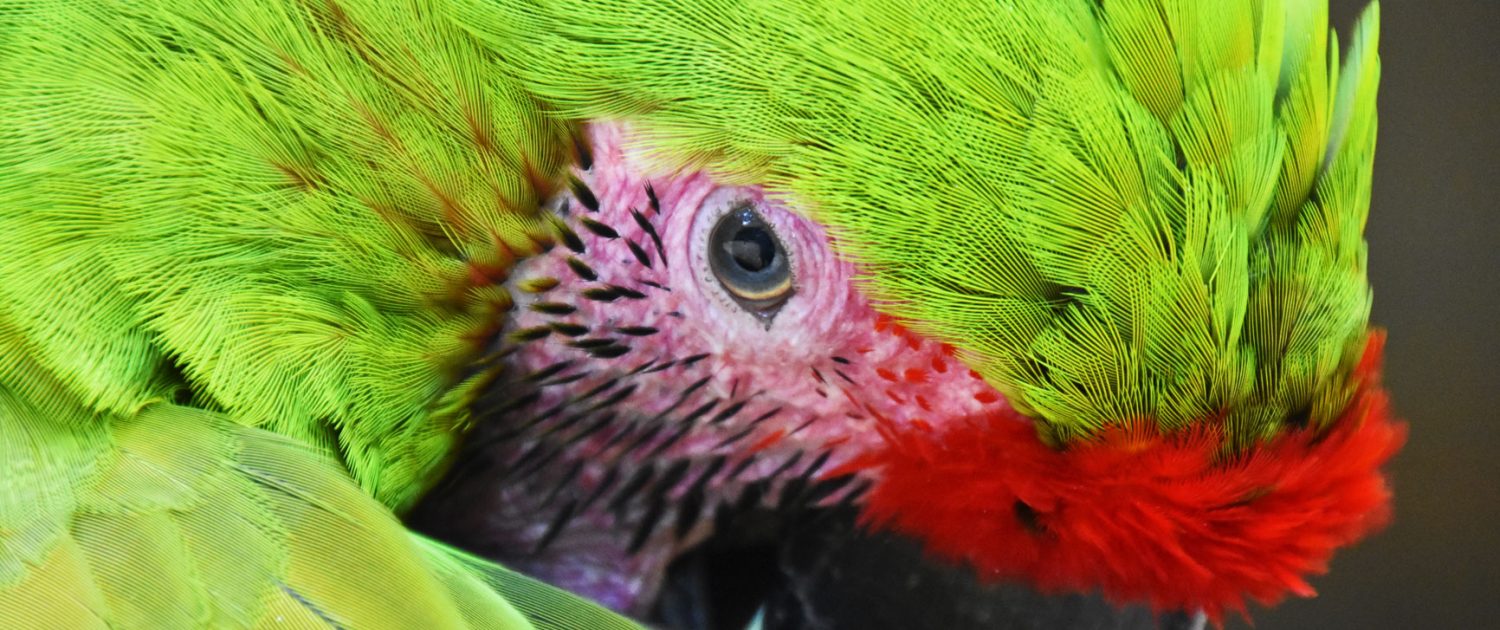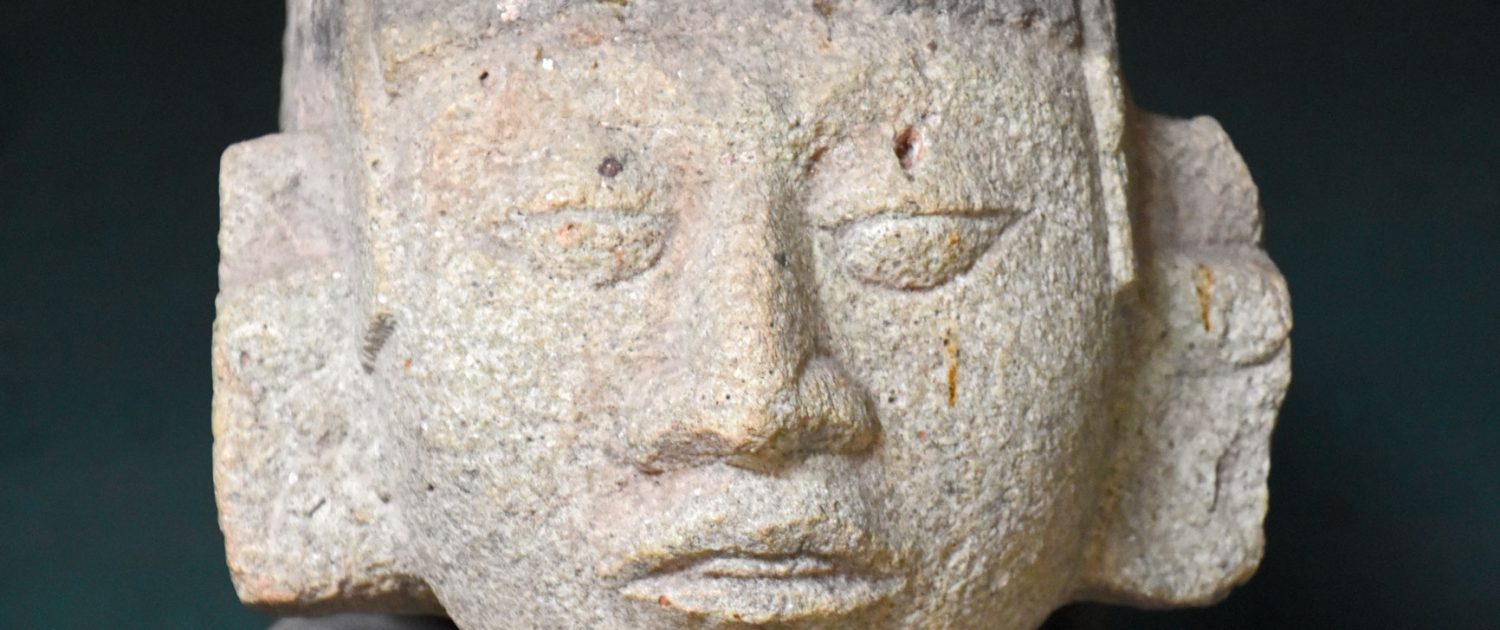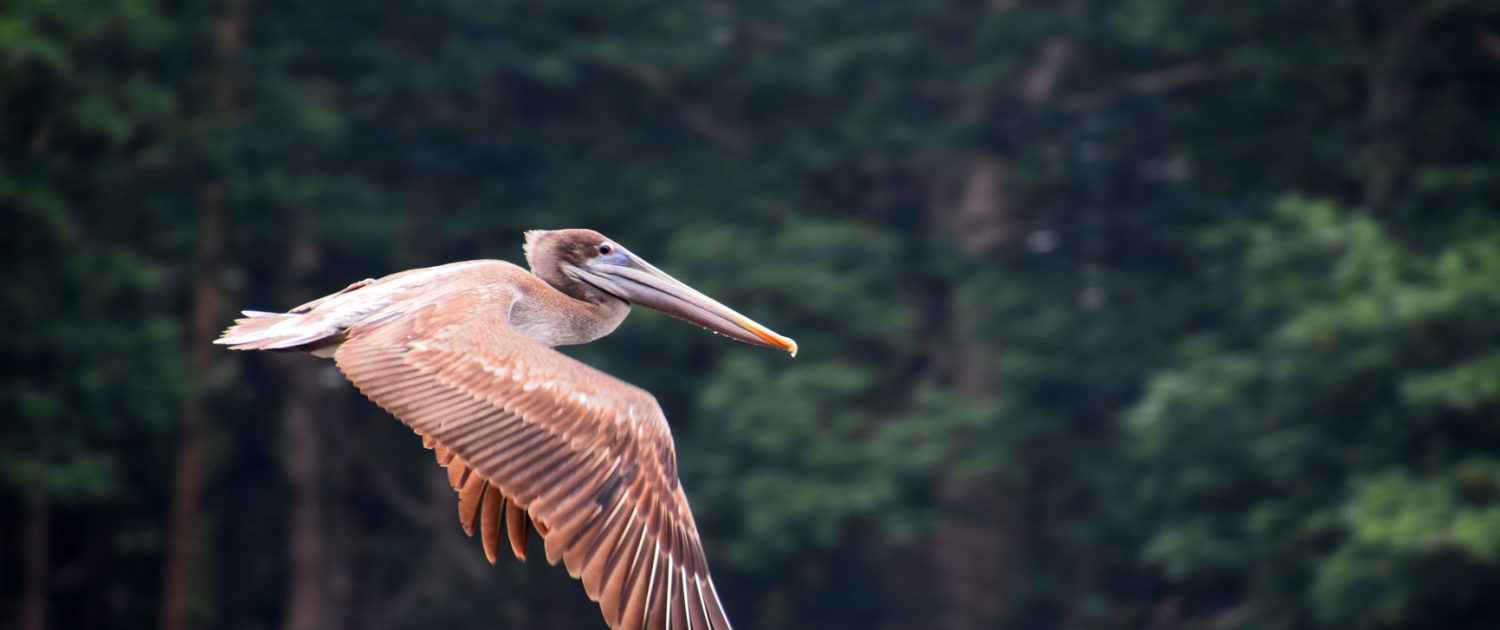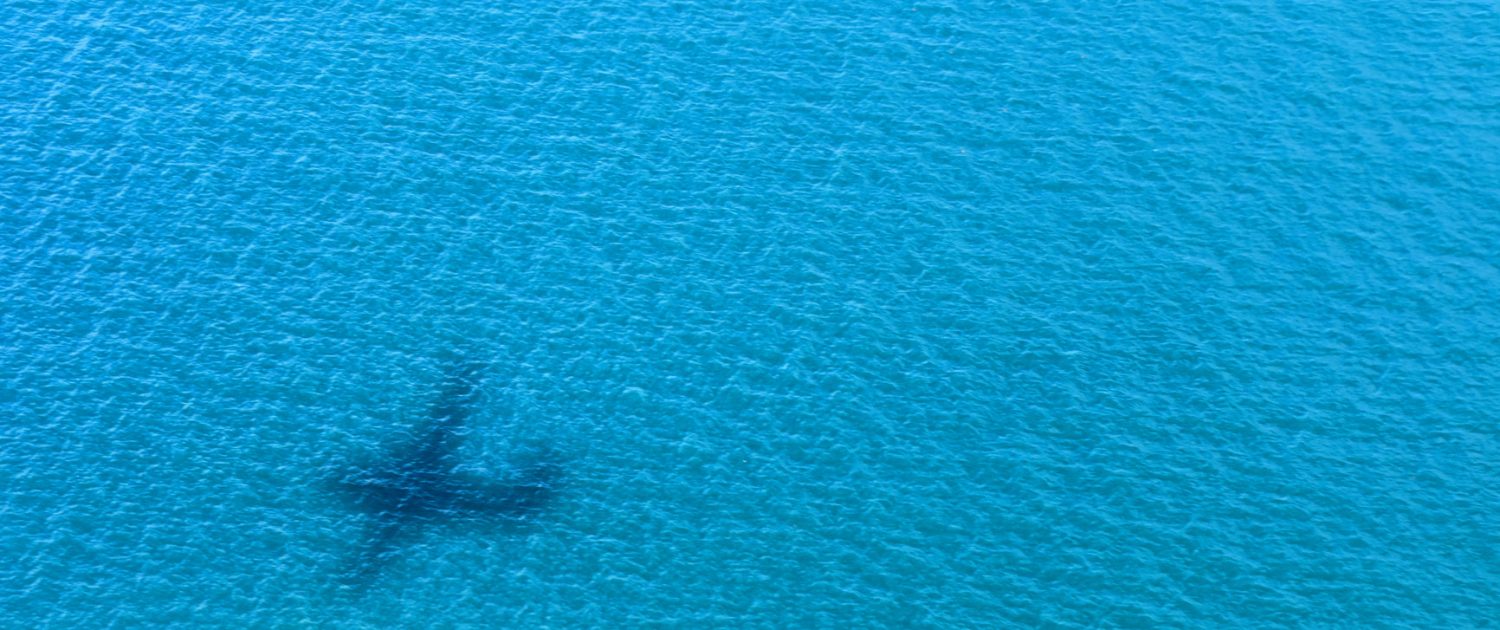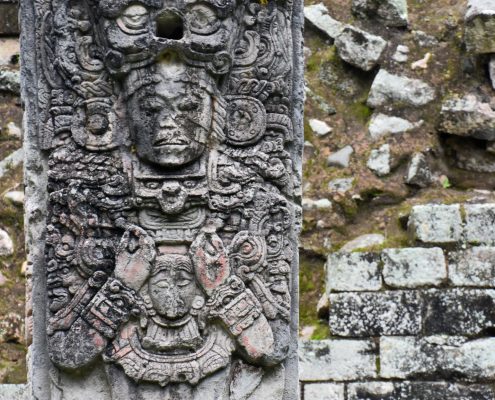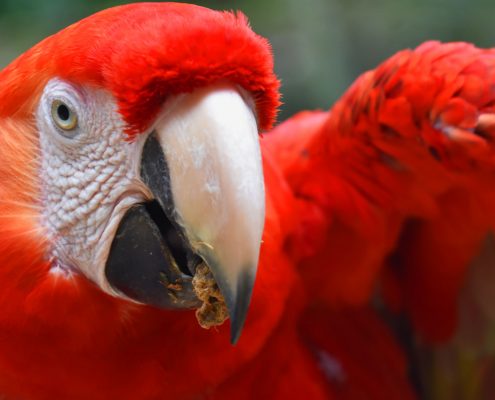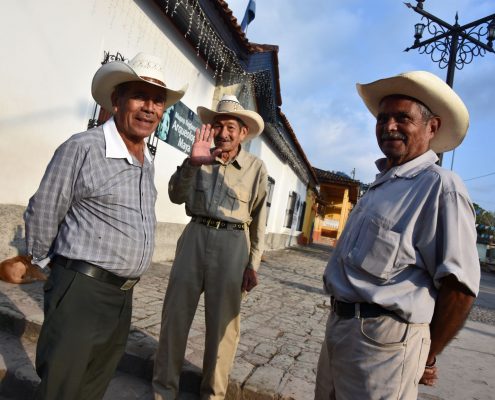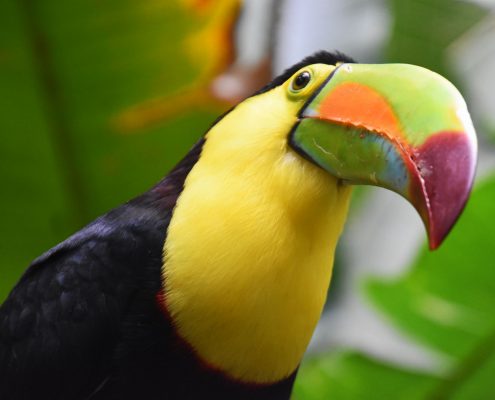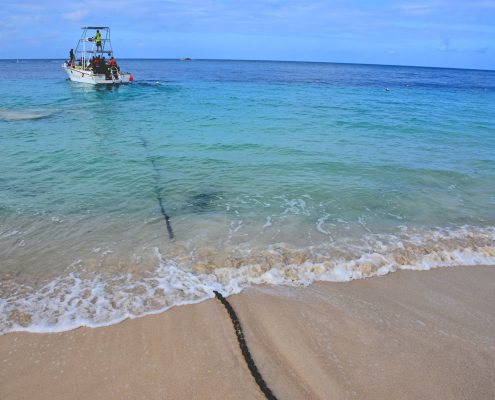Honduras
Top tip: binoculars before birding.

Geography
Honduras’ northern coast is lined by the Caribbean Sea and the Pacific Ocean lies to the south beyond the Gulf of Fonseca. It is mostly mountainous with flatter plains along the coasts. In the northeast there is La Mosquitia jungle, which is in the UNESCO site of Río Plátano Biosphere Reserve. To the northwest there is the heavily populated Sula valley and Honduras is separated from Nicaragua by the Coco River. Several islands lie to the north of the mainland called Las Islas de la Bahía and the Swan Island.
Facts and Figures
| Area | 112,090 km2 |
|---|---|
| Population | 8,189,501 (2016 estimate) |
| Capital | Tegucigalpa |
| Language | Spanish |
| Religion | Roman Catholicism is considered the main religion. |
| Time | CST (UTC-6) |
Highlights
The Bay Islands are famous for being one of the best locations to spot the whale shark, and as such they offer amazing diving, especially to explore the coral reef. Tegucigalpa itself is a charming old historical centre and there are some amazing views of the city. Discover Honduras’ colonial past in Trujillo and Comayagua, which have history and Spanish architecture to explore. Honduras also has Mayan history to show off in Copán ruins. Pico Bonito National park has amazing scenery, hiking and birdwatching, and the Cangrejal River has some of Central America’s best white-water rafting. La Mosquiitia contains the Rio Plátano UNESCO site, with amazing wildlife and the Talgua Caves also provide opportunity for spelunking and even more nature exploring.
History
Before the Spanish Conquest in the 1500s, Honduras was inhabited by several Mesoamerican nations, most obviously the Maya. In 1502 and in 1524 Spanish forces were brought from Mexico and Honduras came under Spanish power. Roman Catholicism was introduced by the Europeans along with the Spanish language, mixing the indigenous and colonial cultures and customs. It gained independence as a republic in 1821 under the First Mexican Empire. In 1823 it became part of the United Provinces of Central America, from which it became fully independent in 1838. Since it has suffered much social and political turmoil, with nearly 300 rebellions and civil wars since independence. As such it remains one of the poorest countries in the Americas.
Interested in Honduras? Call +44 (0)20 7604 4408 for expert holiday advice

